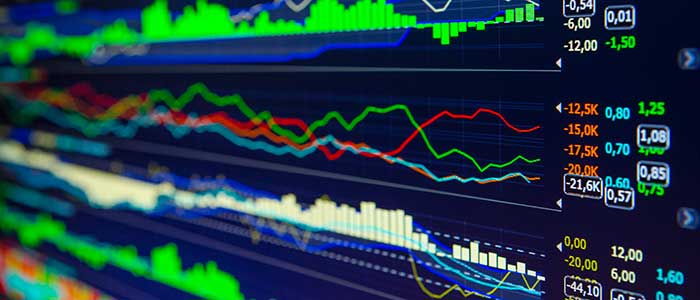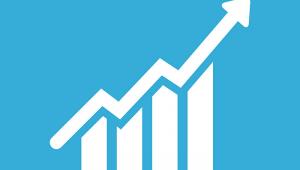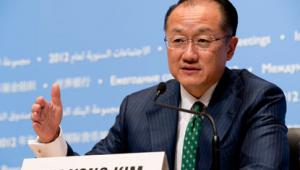The UN’s Conference on Trade and Development’s most recent report into international foreign direct investment flows recorded a 13% decline, to an estimated $1.52tn, globally last year.
While indicators suggest this could rebound by 10% this year, UNCTAD secretary-general Mukhisa Kituyi warned that “significant uncertainties about the shape of future economic policy developments” could derail any growth in the short term.
The main source of economic policy uncertainty at present is US president Donald Trump, who in his first few weeks in office has issued a series of executive orders cementing protectionist threats into policy.
With slow global growth and an unprecedented stagnation in global trade, any additional isolationism could exacerbate the world economy’s pitfalls.
It wouldn’t be bad news for everybody: his support for US businesses could see even more growth in inflows into America which rose by 6% last year. But in turn, investors are likely to lose confidence in economies like Mexico, which Trump has positioned as in direct opposition to his aims.
His past and potential moves to pull the US out of global trade agreements are also a blow to many developing economies, where much of the decline in foreign direct investment has already been centred.
While Australia and Japan saw a sizeable increase in investment, developing Asia and Latin America lost around 20% of their FDI in 2016, with inflows estimated at $600bn.
Falling commodity prices and sluggish global growth was a key factor in this, but it developing economies continue to compromise the top 10 economies in terms of hosting investment
In contrast, it was Europe that saw the biggest overall decline of 29%, to $385bn.
This figure belies some significant variation across the region however. France, Sweden and the UK all saw increases in their FDI, with the UK’s rising almost sixfold, from $33bn to $179bn.
Similarly ‘transition’ economies – former Soviet Union states spanning Europe and central Asia – saw a 38% rise in investment from abroad.














